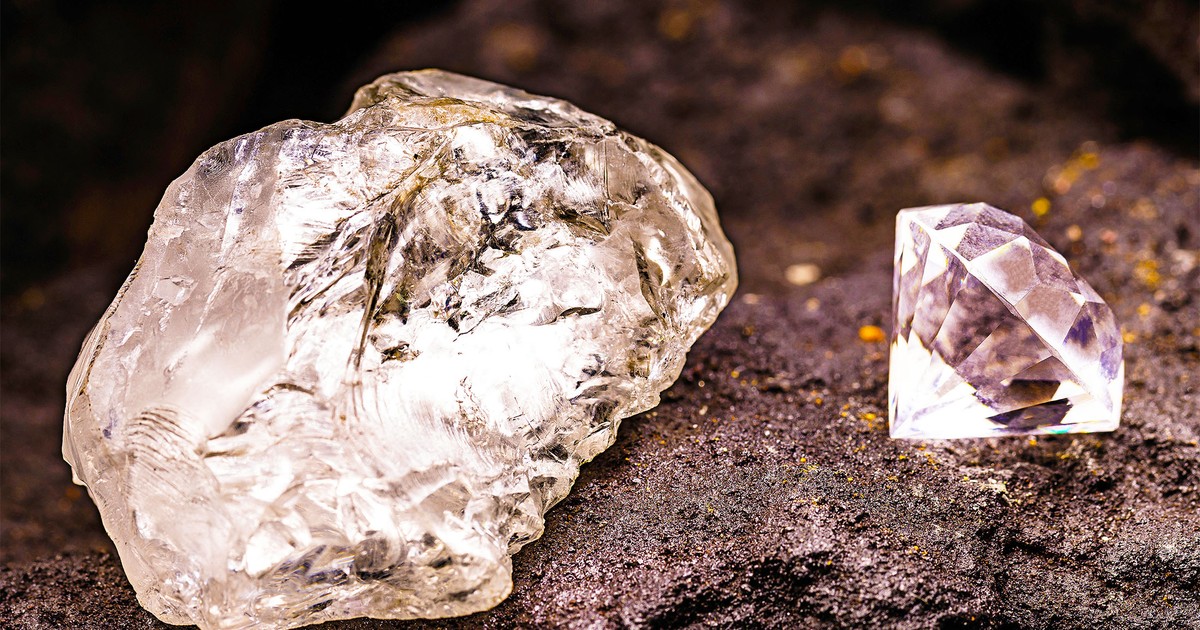General
Africa’s largest diamond producer to let currency depreciate quicker
Botswana has announced that it will allow its pula currency to depreciate by 2.76% over the next 12 months, a steeper adjustment than previously planned. Botswana will allow its currency, the pula, to depreciate by 2.76% over the next year to tackle economic challenges.The country faces significa...
Business Insider Africa
published: Jul 12, 2025


Botswana has announced that it will allow its pula currency to depreciate by 2.76% over the next 12 months, a steeper adjustment than previously planned.
- Botswana will allow its currency, the pula, to depreciate by 2.76% over the next year to tackle economic challenges.
- The country faces significant economic pressure due to a global diamond market downturn, its primary revenue source.
- The government is implementing austerity measures and reassessing capital projects due to declining revenues.
Botswana has announced that it will allow its pula currency to depreciate by 2.76% over the next 12 months, a steeper adjustment than previously planned.
The move comes amid growing economic strain caused by a prolonged downturn in the global diamond market, which has hit the country’s key revenue source hard.
The Southern African nation reviews its exchange rate biannually, using a crawling band regime that pegs the pula to a basket of currencies, including the South African rand, allowing for gradual adjustments, according to Reuters.
DON'T MISS THIS: Zimbabwe records zero failures in its one year lithium experiment
Diamond slump threatens economic stability
Once considered one of Africa’s standout economic success stories, Botswana, the continent’s top diamond producer, is now grappling with mounting pressure from a sharp downturn in the global diamond market.
In the first half of 2024, rough diamond sales plunged by 49.2%, according to figures from Botswana’s central bank. In response, the government has announced austerity measures, including cuts to official travel and vehicle purchases, and may delay some capital projects.
The diamond slump already caused a 3% contraction in GDP last year, and officials caution that a second consecutive year of negative growth could be on the horizon.
"The recent decline in foreign exchange reserves further worsened by the current macroeconomic environment has the potential to compromise the stability of the exchange rate mechanism," finance ministry official Sayed Timuno told a press conference.
Timuno said President Duma Boko had approved the upward revision in the pula's annual rate of depreciation to 2.76% from 1.51% set in December.
DON'T MISS THIS: Zimbabwe’s richest man and the world’s 10th richest man push for Africa’s first AI factory
"This is meant to enhance competitiveness of domestic goods and services. This will also help moderate demand for foreign exchange and support preservation of foreign exchange reserves," he said, adding another review of the pula's exchange rate would happen at the end of the year.
Botswana has traditionally maintained foreign reserves sufficient to cover more than 10 months of imports, a sign of strong fiscal discipline. However, those reserves have steadily declined since 2018, hitting a record low of just 5.2 months’ worth in February 2024, according to a June research note from BMI.
Despite the drop, analysts say Botswana has so far avoided the kind of acute foreign exchange shortages that have plagued other African economies such as Nigeria and Angola in recent years.
Read More